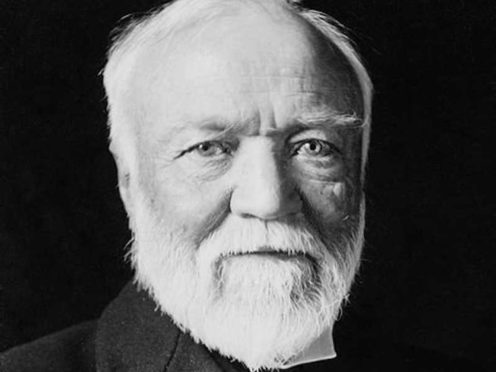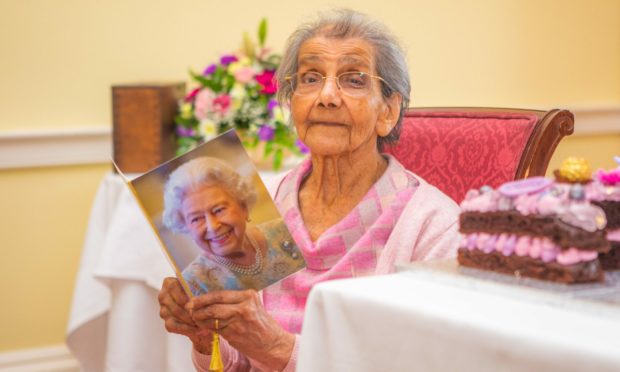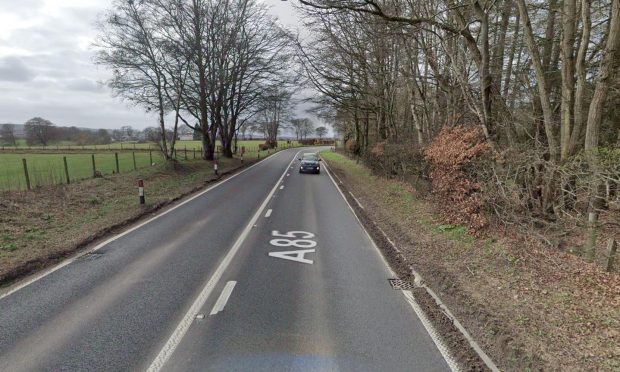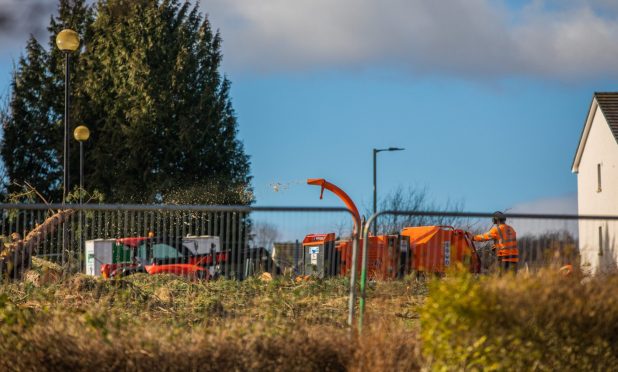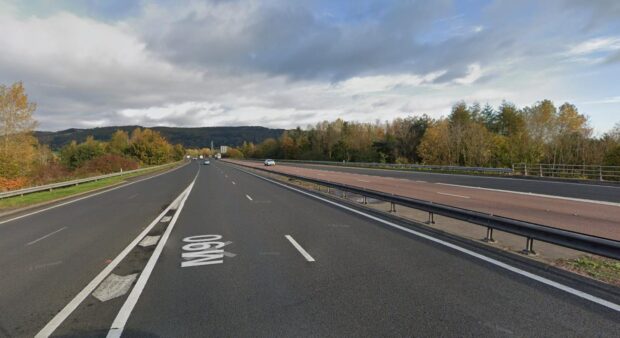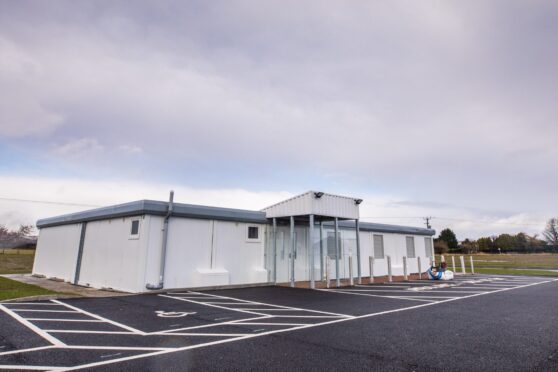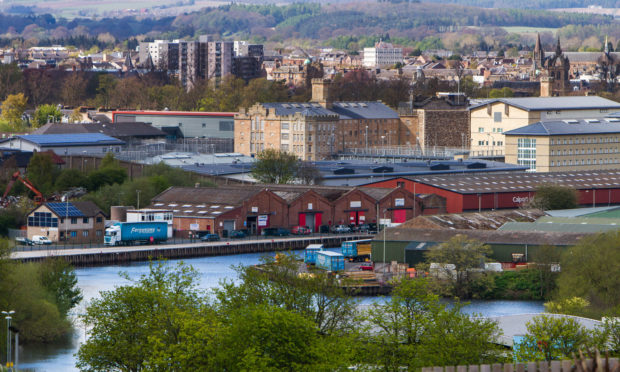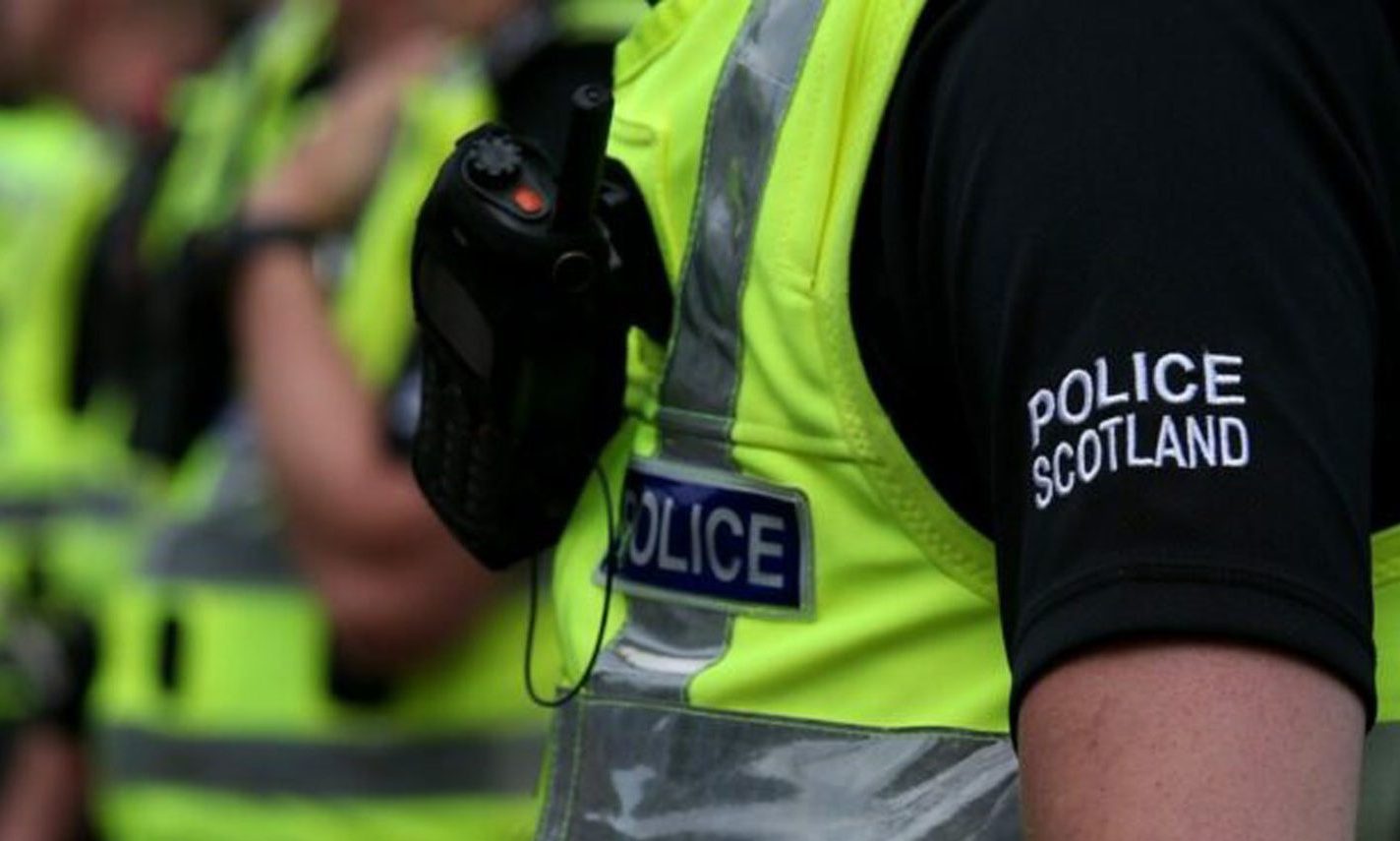“No man can become rich without enriching others.”
Those were the words of Fife-born industrialist Andrew Carnegie, whose hugely influential article The Gospel of Wealth was published 129 years ago this month.
The progressive paper encouraged the rich to plough their money back into society, enhancing the lives of others.
Leading by example, Carnegie – at the time the world’s richest man – bought public baths for his home town of Dunfermline.
By 1911, he had happily given away 90% of his vast fortune.
This week, at an event in Perth Concert Hall, it was inspiring to see Carnegie’s philosophy in action.
More than 1,000 secondary school children from across the country were bussed in for a celebration to mark the end of the 10th annual Youth Philanthropy Initiative (YPI Scotland).
Set up by Aberdeen businessman Sir Ian Wood, the project gives schools a chance to win a £3,000 bonus for a local charity.
Each school is split into teams, and each team researches their chosen cause, visiting its offices and learning about the challenges and issues it faces.
The teams then present their findings to a panel of experts, and the most impressive impassioned plea gets the money.
Great news for the charity of course , but that’s not all.
There are real benefits for the teenagers taking part. Their research will offer them an eye-opening look at often hidden parts of society and can lead them to take a further active role in their community long after the competition is over.
It’s an incredible initiative and one for which Sir Ian should be rightly praised.
In an age where we have billionaire preachers asking their followers to buy them an aeroplane, it’s nice to see a rich man making such a positive difference on a big scale.
There is a culture amongst the self-made rich of giving money to charity, but not wanting to talk about it.
I’d say, don’t be embarrassed. Let us know and maybe others will follow suit.
And as YPI proves, you don’t have to be wealthy – you don’t even have to be out of school – to be able to help others and enrich your society.
